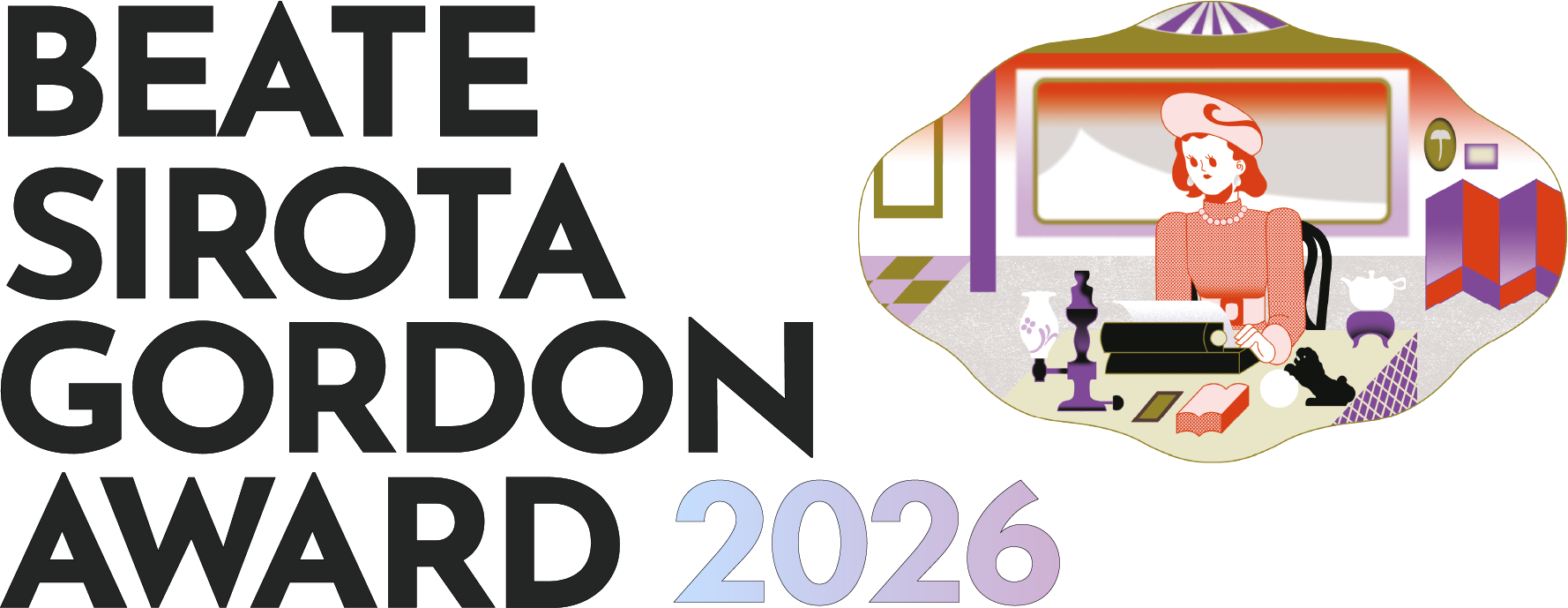Emiko Ogawa
Head of Prix Ars Electronica
Emiko Ogawa (JP/AT) is a Japanese curator and artist based in Linz, Austria. Since 2013, she has been the head of the Prix Ars Electronica, the world’s longest running and most prestigious media arts competition, organized by Ars Electronica. She has played a key role in Ars Electronica’s Art Thinking programs for educational institutions, companies, and governments, fostering discussions and shaping essential questions as a foundation for envisioning the future.
Emiko Ogawa is also a visiting professor at the Art Science Department, Osaka University of Arts and serves as a jury member for LINZ_media_arts 2024–2027. Her contributions to media art extend to publishing articles in outlets such as WIRED Japan and The Nikkei. Additionally, she leads the creative direction of the media art group h.o, where she develops artworks and workshop tools that encourage intuitive engagement. Her anonymous human drawing series (Marusan) is featured in numerous signages and posters, introducing the artworks in a distinctive and approachable way. ars.electronica.art/japan/en/about/emiko-ogawa
Sybilla Patrizia
Sybilla Patrizia is an Emmy Award-winning filmmaker and photographer from Austria, based in Tokyo. In her work, she merges her passion for social impact and human stories with her background in fashion to create thought-provoking stories that cross the border between documentary, art and design.
In 2022, Sybilla filmed ‘The Dark Side of Manga’ (VICE) which won an Emmy in 2023. ‘The Shape of Blue’ was awarded Best Pitch Award at Tokyo Docs, Sunny Side of the Doc Award, and DocedgeKolkata Award. ‘A Bloody Taboo’ about the stigma against menstruation in Japan, was awarded at Tokyo Docs and premiered at Ji.hlava International Documentary Film Festival in 2021.
Sybilla is currently developing two feature documentaries “PLASTIC LOVE!“ which deals with Japan’s toxic love for plastic, and “The Shape of Blue,” about two indigo dyers uncovering the profound meaning of color. As a multilingual creative who has lived in 7 countries across 3 continents, Sybilla has worked with international media and brands including BBC, VICE, Financial Times, adidas, AnOther Magazine, NHK, Amazon Prime, and NETFLIX.sybillapatrizia.com
Michael Schneider
Michael W. Schneider, born in Austria, studied at the Academy of Fine Arts in Vienna and at the Tokyo University of the Arts in Japan. Since 1990 he has worked intensively in the medium of woodblock printing. Instead of the traditional knives, he uses stones found in nature to chisel structures into the wood plates and, since his studies in Japan, waterbased substances (Indian ink, pigment, graphite) to ink the plates.
He has also been involved in non-traditional approaches to printmaking including installation, photography, performance, and sound as an extension of his printmaking practice. For his research in non-toxic and computer aided printmaking Schneider was awarded the Theodor-Körner-Award 2005. He has exhibited extensively within Europe, Turkey, Japan, Korea, China, Canada, North- and South-America. Schneider was founder and co-editor of “im:print, journal of the current state of printmaking" and staff-writer of “Um:Druck”, journal for Printmaking and Visual Culture".
In addition to his work as a freelance artist, he currently teaches as Professor at Tokyo University of the Arts in Japan, as Guest Professor at Shanghai Academy of Fine Arts in China and as Adjunct Professor at the Art Department of Webster University in St. Louis, Missouri. Schneider completed his habilitation for "Graphic Arts with an emphasis in Printmaking and Printmedia" at the University of Applied Arts in 2014. michael-schneider.info









